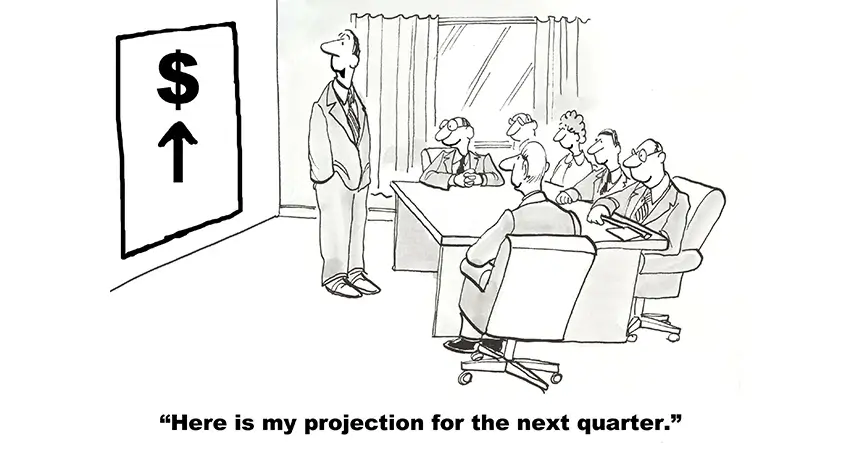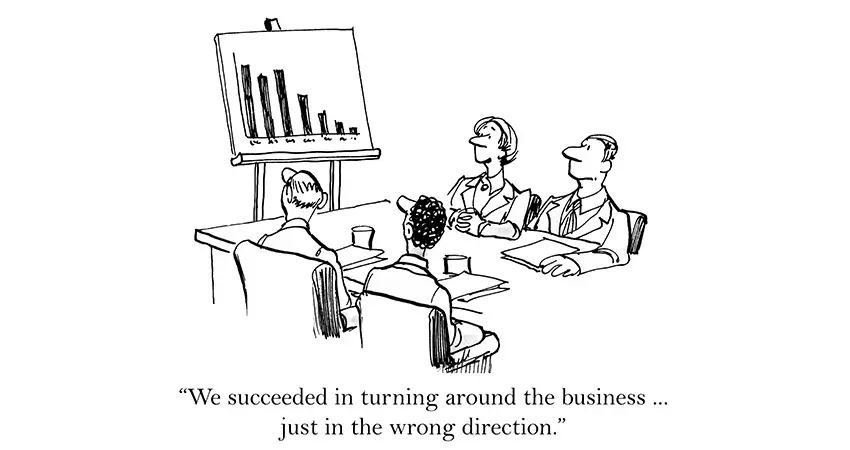7 Ways to Spot a Fly-by-Night SEO Service

You’ve seen the unsolicited email message:
Your website doesn’t rank for XYZ! For the deal of a lifetime, we’ll deliver top-10 rankings! Loads of traffic on the way!
No doubt the message triggers your red flag radar, but it must work on someone, or the SEO scammers would stop scamming.
Sadly, even some “reputable” SEO services make false promises, and they’re much subtler in their approach.
First Things First: “SEO” Defined
SEO stands for “search engine optimization,” or the art of getting a website to appear higher and more often in the search results.
If your competitor’s site appears in the search results and yours doesn’t, your competitor may have paid someone to do the invisible work of search engine optimization. Great results don’t happen by accident.
That said, a few tweaks here and there won’t vault a site to page one of Google results. If your SEO service does any of the following things, you may want to look for another provider. You’re paying for a lot of nothing.
1. They offer SEO services on the cheap.
Sound SEO advice doesn’t come at a steep discount. Two years of corporate content development doesn’t make one an SEO expert.
SEO specialists worth their salt are more than keyword jockeys. They understand coding and HTML, website architecture (how pages are organized), UX (user experience), and writing, among other things. If they can’t do the work themselves, they delegate and monitor website tasks with a trained eye.
Until search engines crawl your site and deem it relevant for the search terms you value, your site won’t rank for high-conversion keywords. The job of an SEO service is to ensure that happens, and it doesn’t happen in a single pass or a week of work.
2. They guarantee keyword ranking results.
Reputable SEO services don’t guarantee a specific rank for specific keywords. They may promise improvements in search traffic, but only if you follow their recommendations.
If someone guarantees keyword rank, it may be for a keyword of such low value that it delivers almost no traffic. Whoopee! — You now rank for a keyword no one uses.
Even large agencies may stoop to this trick, arguing for the value of long-tail keywords (longer, lower-search keywords like “furniture movers in California”).
But there’s no point in targeting most long-tail keywords. As long as you post thorough, well-written information on your site, you’ll get long-tail traffic. You should write copy for customers first and search engines second.
3. They’re fixated on keywords.
Don’t get me wrong. Keywords matter, and if you build a website without doing your keyword research, you’ll be in a world of hurt.
But let’s keep things in perspective. If your search service tracks 100 carefully selected keywords and delivers a monthly report on the progress of those keywords, you’re not getting a complete picture.
Tens of thousands may deliver traffic to your site at some point. It’s not possible or practical to track them all.
Again, what matters is total search traffic to your site and the amount of business you’re getting from that traffic. Is it rising, holding steady, or declining?
Now that search engines like Google use artificial intelligence to help them understand the relevance and context of keywords, keyword spamming doesn’t work as it used to in the Wild West days of the internet, the good old days of blinking text.
Context matters as much as keyword density, maybe more. The entire keyword environment determines relevance, not the mere repetition of a target keyword.
4. They cherry-pick keywords to track.
Mark Twain famously said, “There are three kinds of lies: lies, damned lies, and statistics.”
He may have presciently been referring to keyword rank tracking. It’s possible to compile a keyword tracking report so diabolically conceived that it shows astounding progress at a time when your website is moving backward.
Carefully selected keywords matter far less than total organic traffic to your site, especially high conversion traffic. Ask your SEO service to show local traffic numbers, website conversions, and phone call data, and not a pretty list of keywords.
5. They promise magical results with metadata.
Properly written metadata tells search engines and customers what a page is about. It can amplify content on a page, but it will never make a page rank by itself.
The only time you see metadata is when you execute a search. Typically, the underlined link contains the page title. The snippet of text underneath may be the meta description, but less and less so these days.
While the page title still carries weight with search engines, the meta description has no bearing on rank. It clarifies page content to the searcher or offers marketing information.
Increasingly, Google ignores your carefully crafted metadata and writes its own, often pulling phrases from page content.
The takeaway is that while it still pays to write custom metadata, the information on a page matters most. If your search service prioritizes metadata over more impactful tasks, they’re wasting their time and your money.
6. They don’t take a holistic approach.
Google considers over 200 factors when it ranks a page. The Google search algorithm is updated several times daily.
No one knows the recipe of the Google algorithm, not even Google developers. But smart SEO pros can deduce ranking trends, which point increasingly toward localization, relevance, and the quality of the customer experience.
If your SEO service offers you regular keyword lists to guide new content and metadata, the more power to them. That’s one part of driving new traffic to a site.
But they should also be helping you convert that traffic to sales. Has your SEO service ever broached the issues of clunky internal site navigation, poorly designed forms on your site, unoptimized graphic treatments, and other factors that matter to customers and search engines alike? And if not, what exactly are you paying for?
7. They farm out their “SEO content.”
Here, I’ve saved the worst for last. It’s a personal pet peeve because it’s so common and, in my view, so unethical.
That search-friendly content you paid a pretty penny for — the blog articles, press releases, and optimized business information that’s supposed to drive traffic to your site?
It was written by an intern or junior employee, possibly someone at a content farm, and maybe by someone overseas for whom English is a second or third language. Even some of the biggest SEO firms may farm out “SEO content” with the promise that a qualified editor will polish the copy before it reaches your site. That last step, the final editing, rarely happens.
When you hire an SEO service, pay attention to the quality of writing in their communication, from simple email messages to the copy they place on client sites and their own agency website.
If you see quality copy in each instance, chances are you’ll end up with quality copy on your website. Customers will reward you with their business, and search engines will direct those customers to your site.

Peter Losh is the SEO Director of Culture Cube Marketing in Upland, California. He's also a de facto UX designer, site builder, and content creator. Unlike most folks in the SEO biz, he works directly on the sites he optimizes, having witnessed the effects of recommendations that go ignored or misunderstood (in previous gigs).
Peter has worked on websites since the salad days of the internet, first as a graphic artist and web designer at the Centers for Disease Control. Then came several years of freelance web development, SEO and e-commerce management for business sites of various sizes, and ultimately a 10-year stint as the sole SEO Manager of PartyCity.com.
In his spare time, he enjoys classic film, classical music, and classic comebacks. And cats.
Professional Work Experience
- Search engine optimization
- Ecommerce management
- Conversion rate optimization
- UX design and analysis
- Copywriting and training
- E-mail campaign design
- Web design and development
- Graphic design

